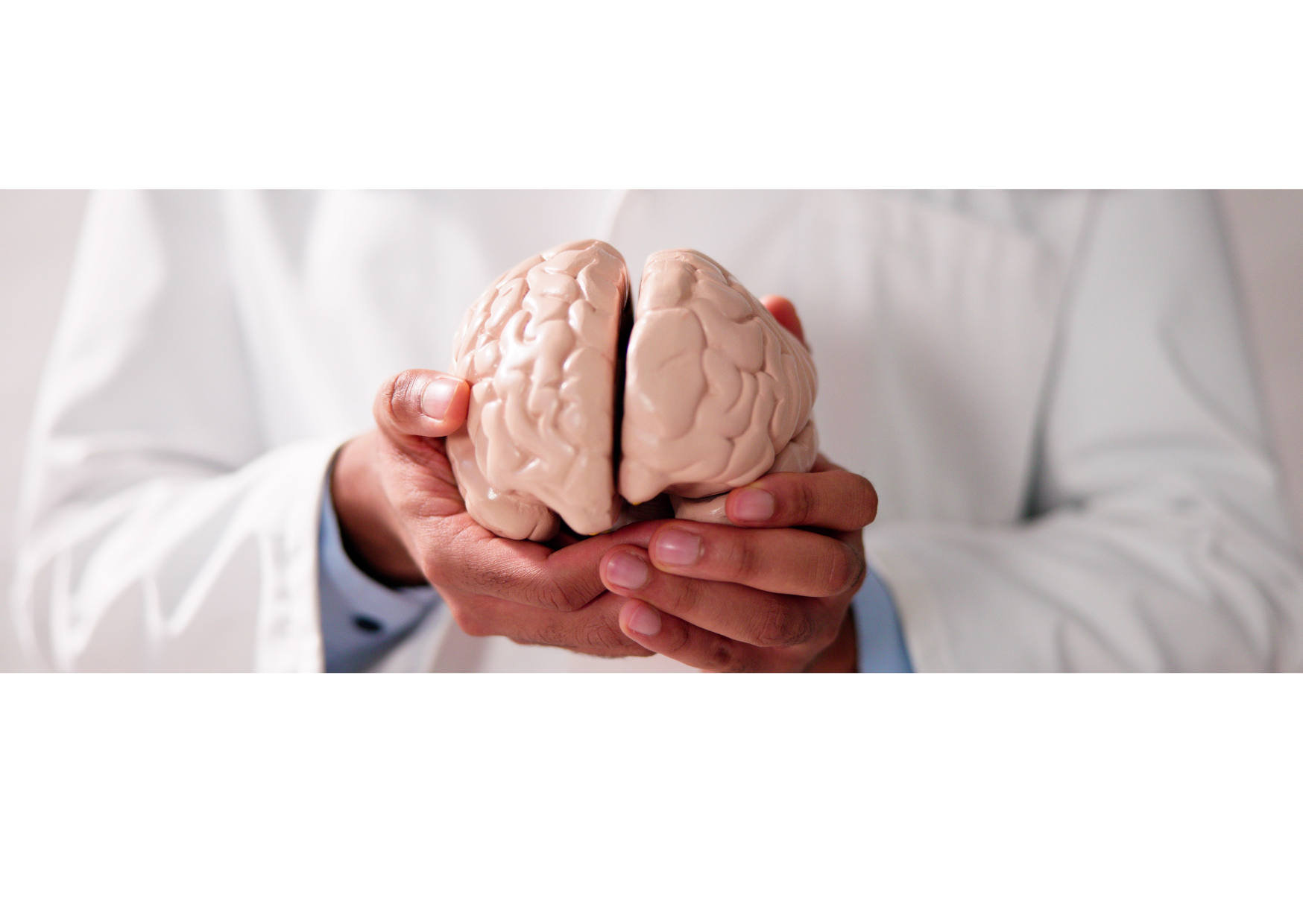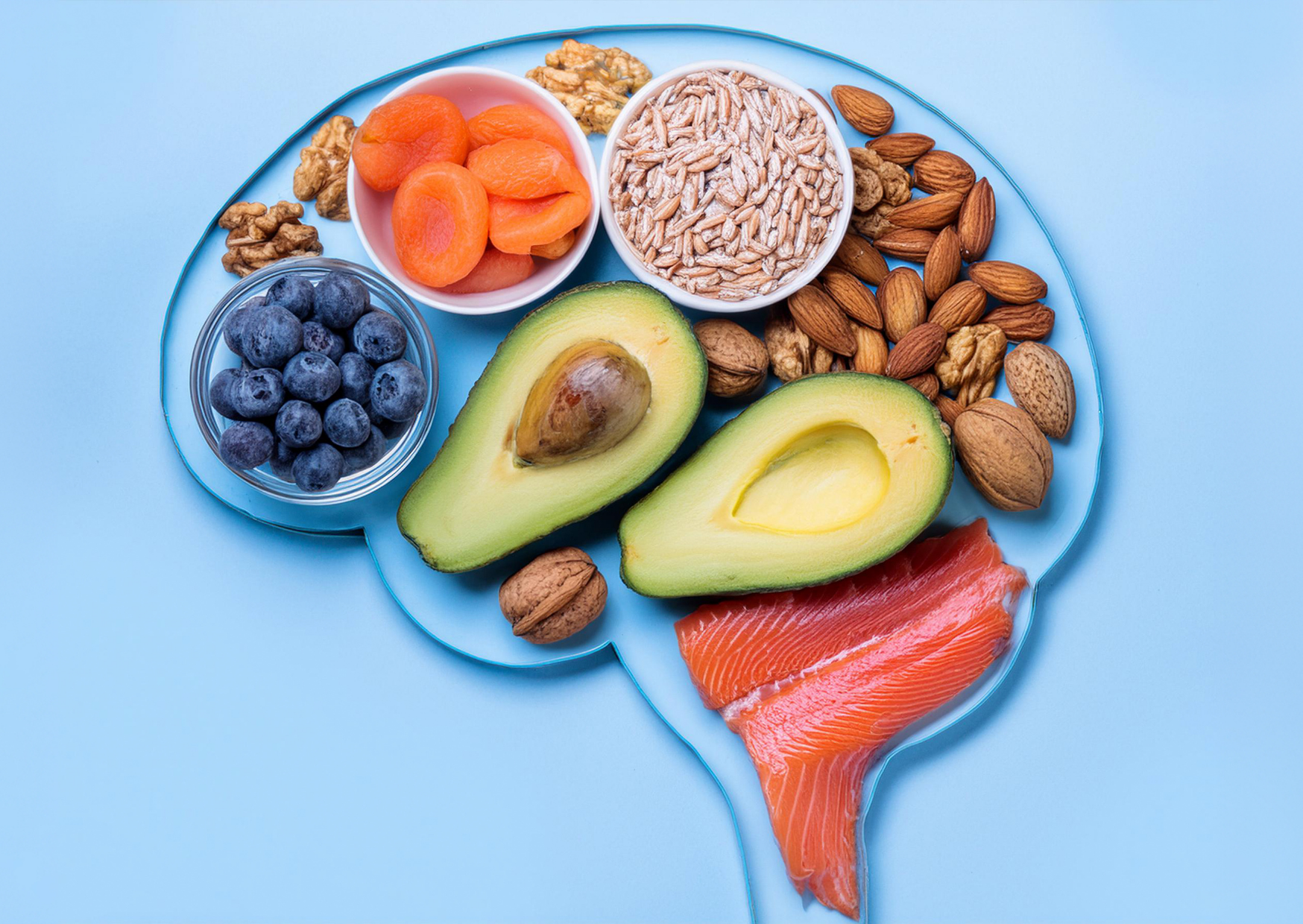Boosting Brain Health After 50: How to Prevent Cognitive Decline Naturally
As we age, it’s normal to experience occasional forgetfulness, like misplacing keys or struggling to recall a name. However, significant cognitive decline isn’t an inevitable part of aging. With the right lifestyle choices, you can maintain—and even improve—your brain health well into your 50s, 60s, and beyond.
If you're over 50 and want to keep your mind sharp, this article explores evidence-based strategies to support cognitive function and reduce the risk of dementia.
Why Does Cognitive Decline Happen?
Cognitive decline can be influenced by several factors, including:
Aging-related brain changes – Over time, brain cells naturally shrink, and connections between neurons weaken.
Chronic health conditions – High blood pressure, diabetes, and heart disease can impair blood flow to the brain.
Poor diet and lifestyle – Lack of physical activity, unhealthy eating habits, and poor sleep can accelerate cognitive decline.
Stress and mental health issues – Chronic stress, anxiety, and depression negatively impact memory and focus.
Social isolation – Limited social interactions can reduce mental stimulation and increase dementia risk.
The good news? Lifestyle modifications can significantly slow or even reverse cognitive decline.
10 Evidence Based Ways to Keep Your Brain Sharp
1. Stay Physically Active
Regular exercise improves blood flow to the brain, reduces inflammation, and supports the growth of new brain cells.
Try brisk walking, swimming, strength training, or yoga at least 150 minutes per week.
2. Eat a Brain-Boosting Diet
What you eat directly affects brain function. The Mediterranean diet, rich in healthy fats, antioxidants, and fiber, has been linked to better cognitive health.
Best foods for brain health:
Fatty fish (salmon, sardines) – high in omega-3s
Berries – packed with antioxidants
Nuts and seeds – support brain function
Leafy greens – rich in brain-protecting nutrients
Whole grains – improve blood flow to the brain
3. Keep Learning and Challenging Your Brain
Lifelong learning strengthens neural pathways and builds cognitive resilience. Engaging in mentally stimulating activities (like reading, puzzles, or learning a new skill) can help keep your mind sharp.
Brain-training activities:
Learn a new language
Play chess or Sudoku
Take up a musical instrument
Try memory and problem-solving games
4. Get Quality Sleep
Poor sleep is linked to cognitive decline and memory problems. Sleep helps the brain clear toxins that contribute to Alzheimer’s disease.
Tips for better sleep:
Stick to a regular sleep schedule
Avoid screens before bed
Keep your bedroom cool and dark
Limit caffeine and alcohol intake
5. Manage Stress and Anxiety
Chronic stress damages brain cells and impairs memory. Mindfulness, meditation, and deep breathing exercises can help protect cognitive function.
Stress-reducing techniques:
Daily meditation (even 5 minutes helps)
Spending time in nature
Journaling and gratitude practices
Seeking professional support if needed
6. Stay Socially Connected
Engaging with friends and family reduces the risk of cognitive decline. Social interaction helps maintain brain function and emotional well-being.
Ways to stay socially active:
Join a local club or volunteer
Schedule regular calls or meet-ups with friends
Participate in group classes or activities
7. Protect Your Heart Health
Your brain and heart are closely linked. High blood pressure, diabetes, and obesity increase the risk of cognitive impairment. Controlling these factors through diet, exercise, and regular check-ups can safeguard brain health.
Heart-healthy habits:
Maintain a balanced diet
Monitor blood pressure and cholesterol
Exercise regularly
8. Drink Coffee (In Moderation!)
Caffeine has been shown to boost memory and mental alertness. Moderate coffee or tea consumption may enhance brain function.
Ideal intake:
One to two cups of coffee or tea per day
Avoid caffeine in the afternoon to prevent sleep issues
9. Consider Supplements (With Caution)
Certain vitamins and minerals play a crucial role in cognitive function.
Brain-supporting nutrients:
Omega-3 fatty acids – Found in fish oil, supports memory
Vitamin B12 – Essential for nerve function
Magnesium – Helps with brain plasticity
Curcumin (Turmeric) – Has anti-inflammatory properties
Always consult a doctor before taking supplements.
10. Limit Alcohol and Avoid Smoking
Excessive alcohol consumption and smoking accelerate brain aging and increase dementia risk.
Healthier habits:
Stick to moderate alcohol intake (one drink per day for women, two for men)
Seek support for smoking cessation if needed
Final Thoughts
While cognitive decline is a concern for many people over 50, it is not inevitable. By staying active, eating well, prioritising sleep, and keeping your mind engaged, you can support lifelong brain health.
If you are looking for ways to engage socially, stimulate your mind and stay activity, why not check out an Age Well group session today?
Click this link to book and learn more.




